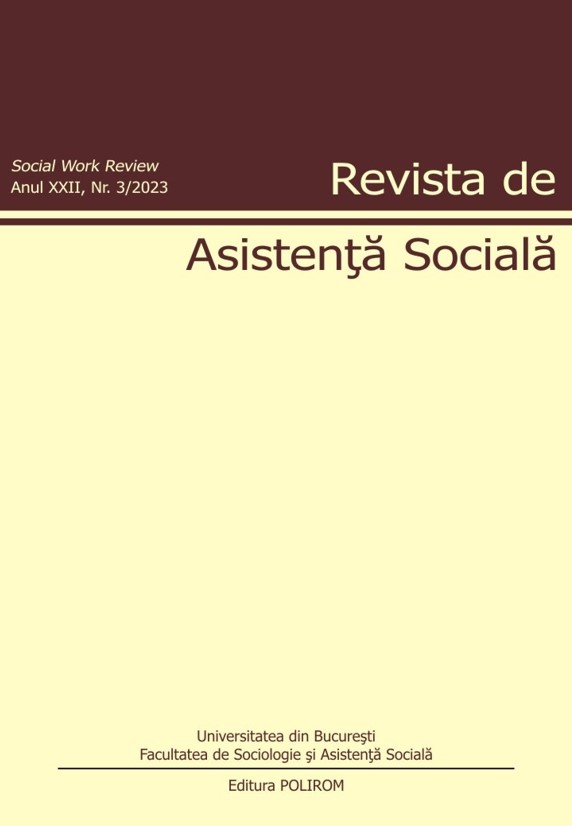Helping Families Cope with the Mental Illness of a Relative. Implications for Social Practices
Helping Families Cope with the Mental Illness of a Relative. Implications for Social Practices
Author(s): Alina CostinSubject(s): Health and medicine and law, Family and social welfare, Welfare services
Published by: POLIROM & Universitatea Bucureşti - Dept. de Sociologie şi Asistenţă Socială
Keywords: family; mental illness; social perspective; social worker; intervention; psycho-education;
Summary/Abstract: It is unanimously accepted that disease and health are the result of the interaction between biological, psychological and social factors (Wade, Halligan, 2017); however, in specialized practice, the social perspective is very poorly highlighted. Here we quote Read (2005, 597) who recalls Sharfstein s reply that the bio-psycho-social model has become the bio-bio-bio model. The contribution of the social worker, as a professional in mental health issues, although specified in law 487/2002 on the protection of people with mental illnesses, remains unknown. Purpose: In this study we examine the important role that the social approach has in the necessary support for the family of the psychiatric patient. Method: The case study allows the description of the impact of psychiatric illness on the family and the need for a social approach in organizing and empowering the family. Results: The mental illness of a member creates stress, depression, helplessness, basically it is perceived as a burden (Gubman, Tessler, 1987; Snow, Austin, 2009) producing disorganization with serious effects on the level of family functionality. Conclusions This study suggests the necessity and importance of the social perspective for the families of psychiatric patients.
Journal: Revista de Asistenţă Socială
- Issue Year: XXII/2023
- Issue No: 3
- Page Range: 47-55
- Page Count: 9
- Language: English
- Content File-PDF

